Refine search
Actions for selected content:
313 results in Books and Monographs

Building the Tatmadaw
- Myanmar Armed Forces Since 1948
-
- Published by:
- ISEAS–Yusof Ishak Institute
- Published online:
- 21 October 2015
- Print publication:
- 22 January 2009
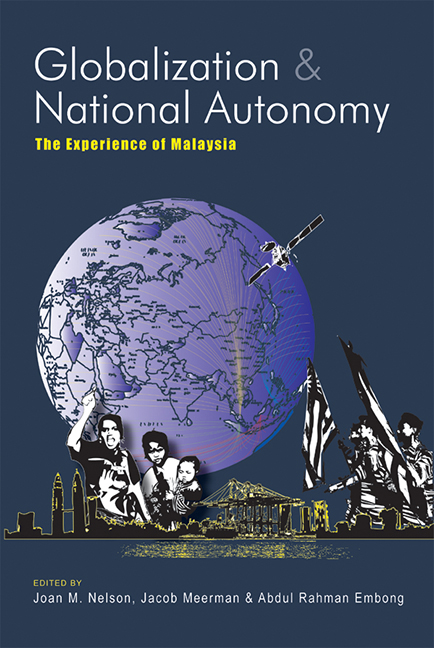
Globalization and National Autonomy
- The Experience of Malaysia
-
- Published by:
- ISEAS–Yusof Ishak Institute
- Published online:
- 21 October 2015
- Print publication:
- 06 August 2008
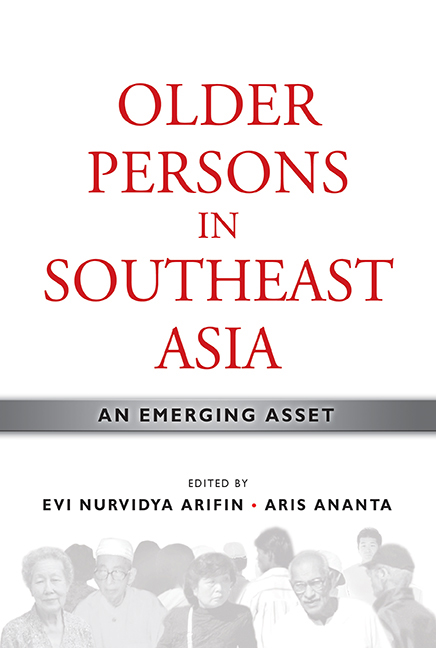
Older Persons in Southeast Asia
- An Emerging Asset
-
- Published by:
- ISEAS–Yusof Ishak Institute
- Published online:
- 21 October 2015
- Print publication:
- 06 August 2009
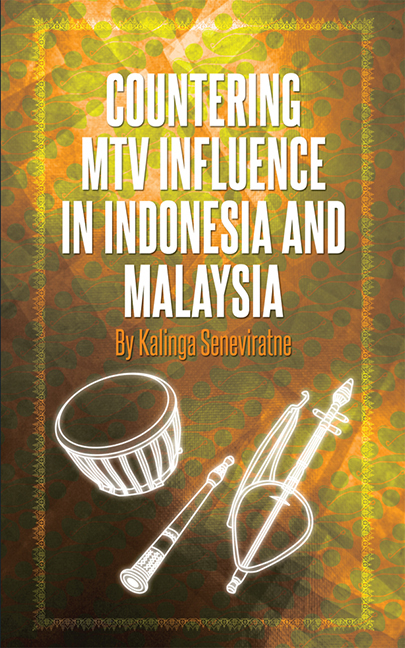
Countering MTV Influence in Indonesia and Malaysia
-
- Published by:
- ISEAS–Yusof Ishak Institute
- Published online:
- 21 October 2015
- Print publication:
- 29 May 2012
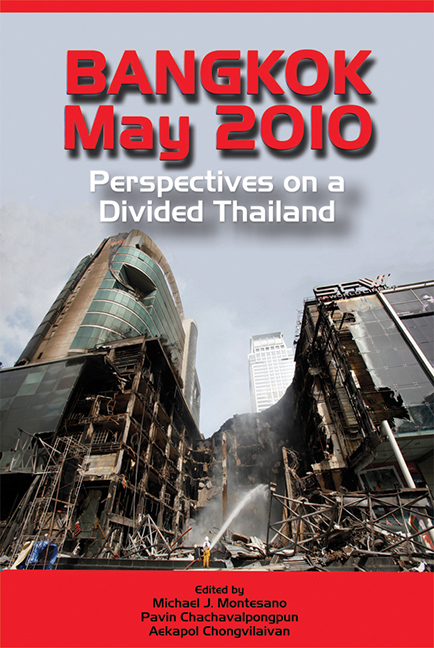
Bangkok, May 2010
- Perspectives on a Divided Thailand
-
- Published by:
- ISEAS–Yusof Ishak Institute
- Published online:
- 21 October 2015
- Print publication:
- 18 January 2012
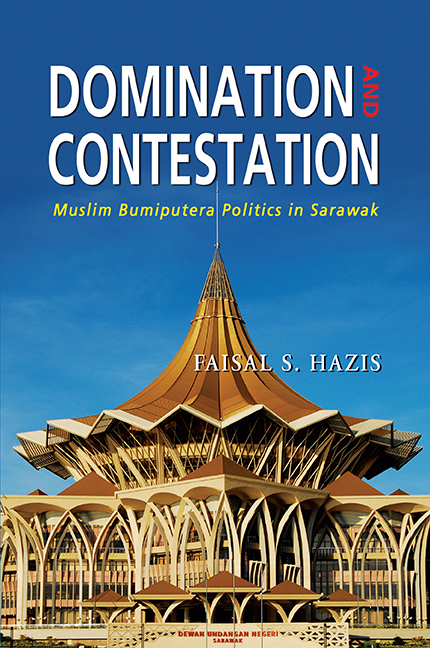
Domination and Contestation
- Muslim Bumiputera Politics in Sarawak
-
- Published by:
- ISEAS–Yusof Ishak Institute
- Published online:
- 21 October 2015
- Print publication:
- 14 October 2011
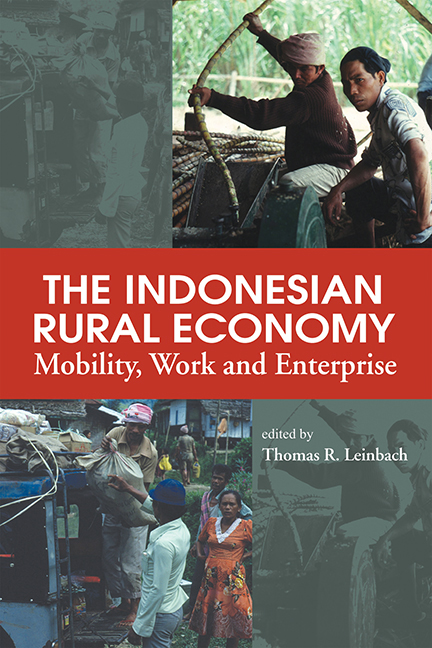
The Indonesian Rural Economy
- Mobility, Work and Enterprise
-
- Published by:
- ISEAS–Yusof Ishak Institute
- Published online:
- 21 October 2015
- Print publication:
- 30 October 2003

Nation Building
- Five Southeast Asian Histories
-
- Published by:
- ISEAS–Yusof Ishak Institute
- Published online:
- 21 October 2015
- Print publication:
- 08 August 2005
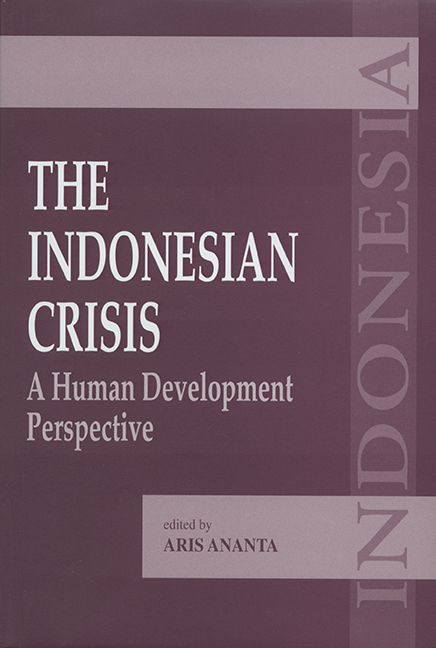
The Indonesian Crisis
- A Human Development Perspective
-
- Published by:
- ISEAS–Yusof Ishak Institute
- Published online:
- 21 October 2015
- Print publication:
- 05 December 2002
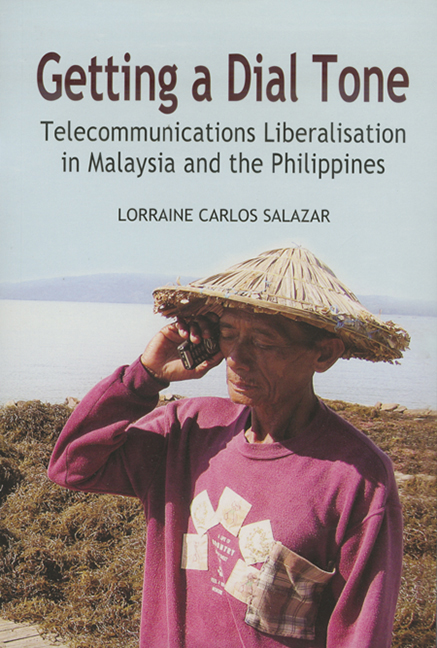
Getting a Dial Tone
- Telecommunications Liberalisation in Malaysia and the Philippines
-
- Published by:
- ISEAS–Yusof Ishak Institute
- Published online:
- 21 October 2015
- Print publication:
- 12 October 2007

The Population of Malaysia
-
- Published by:
- ISEAS–Yusof Ishak Institute
- Published online:
- 21 October 2015
- Print publication:
- 21 March 2007
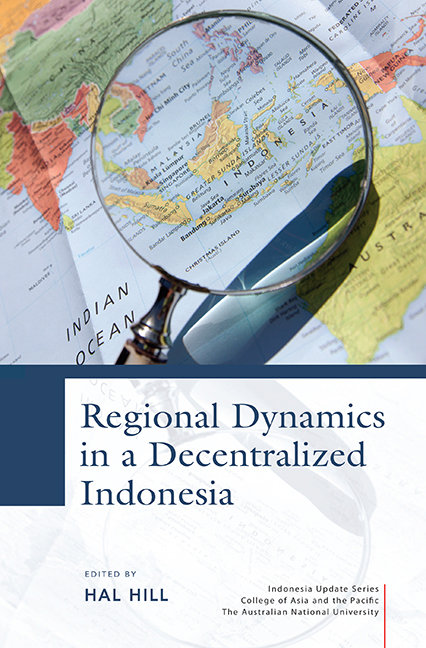
Regional Dynamics in a Decentralized Indonesia
-
- Published by:
- ISEAS–Yusof Ishak Institute
- Published online:
- 21 October 2015
- Print publication:
- 20 May 2014
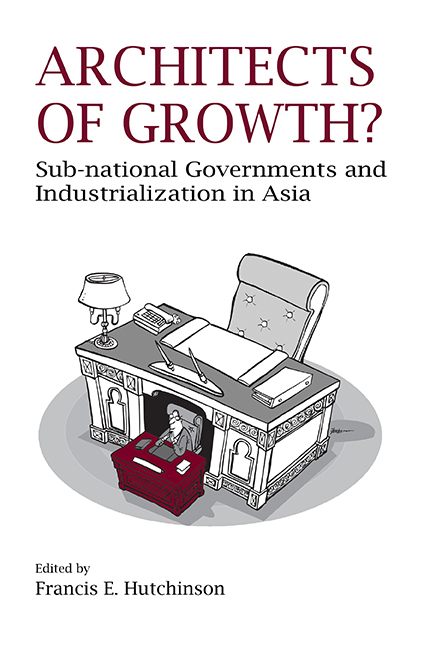
Architects of Growth?
- Sub-national Governments and Industrialization in Asia
-
- Published by:
- ISEAS–Yusof Ishak Institute
- Published online:
- 21 October 2015
- Print publication:
- 28 November 2013
